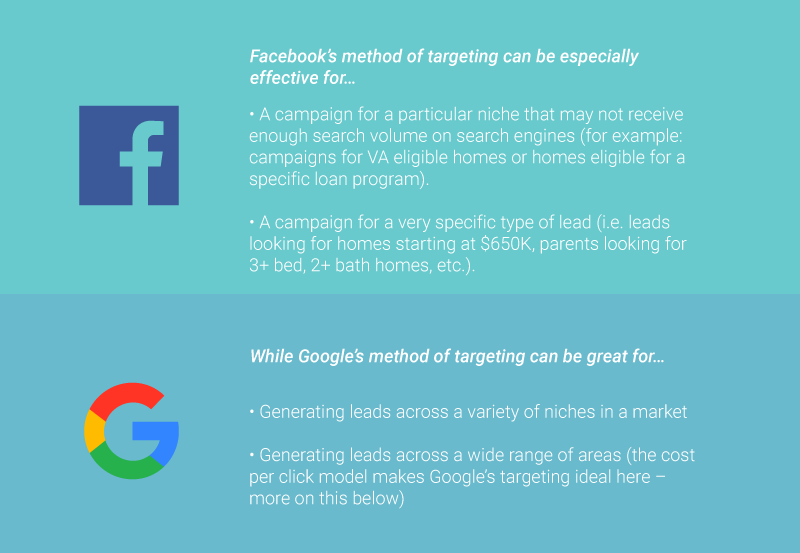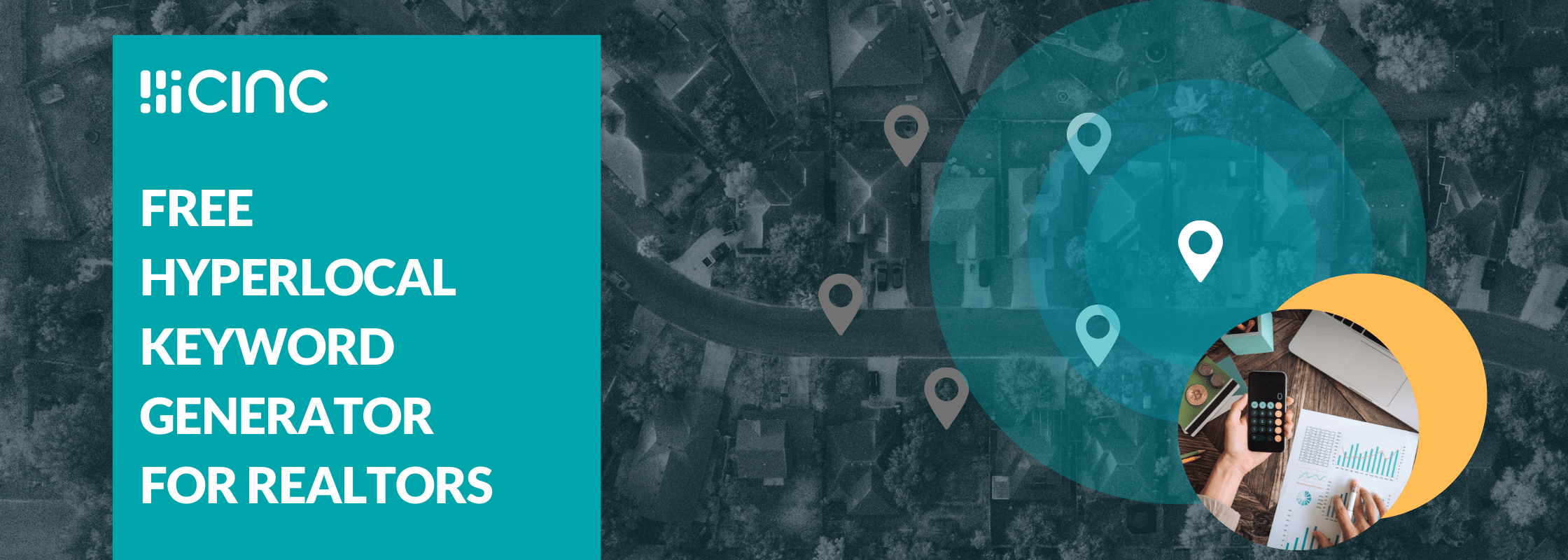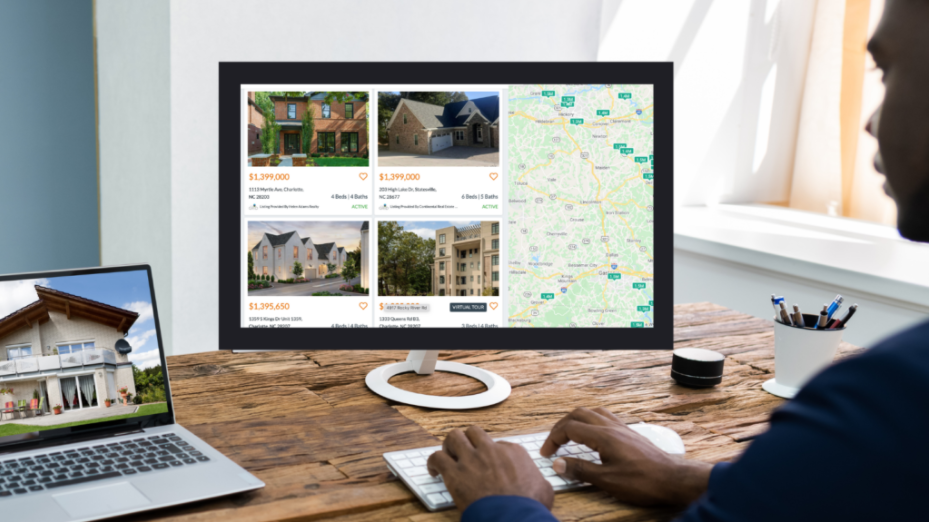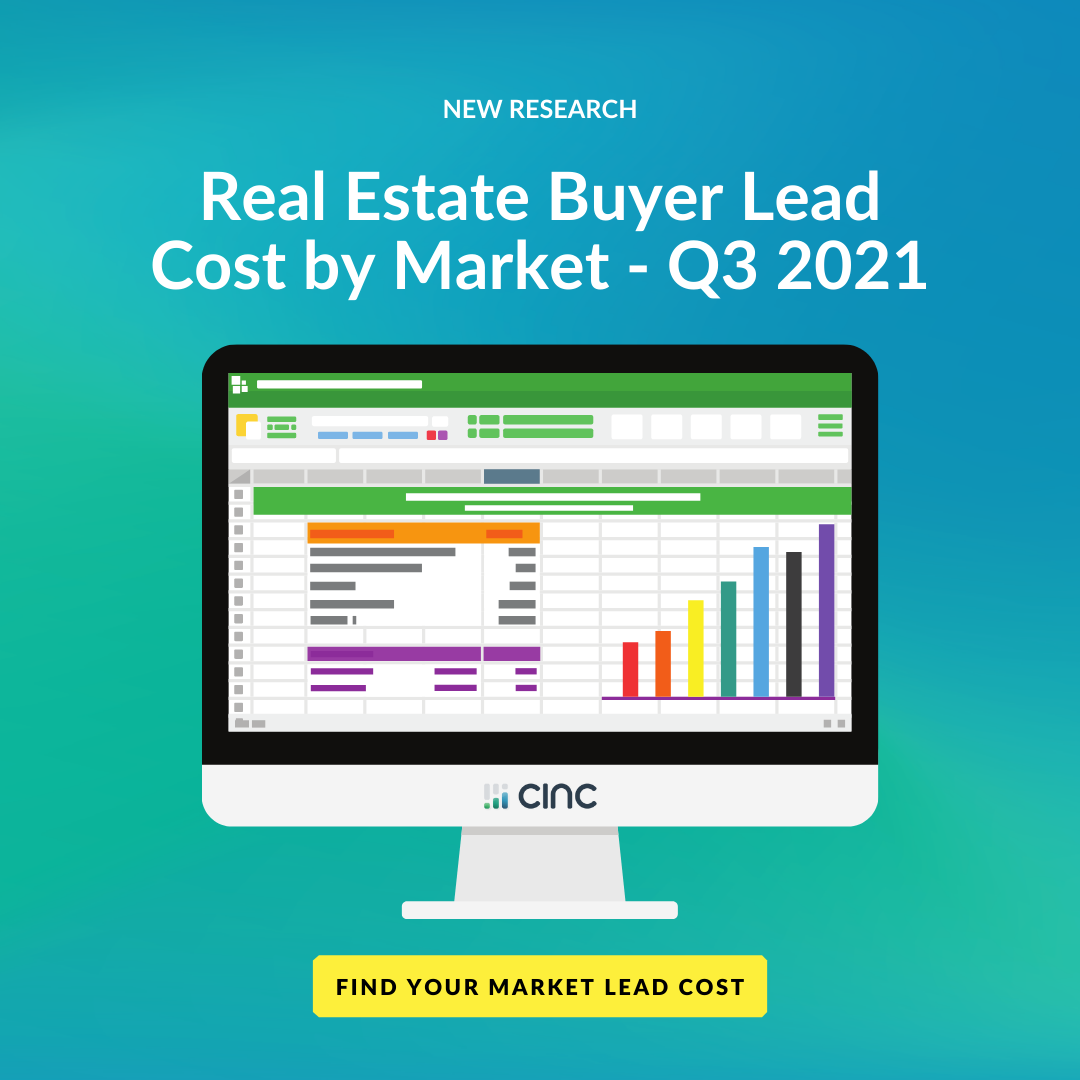Second only to Google in digital advertising spend in 2016, more and more advertisers small and large are flocking to Facebook. This is especially true for Real Estate marketing, an industry for whom Facebook’s proactive demographic targeting seems tailor made. But there is a definite difference between doing something and doing it well.

In the first of our series of blog posts featuring Harry's 4 Tips for Optimizing Your Real Estate Facebook Ads, Harry reveals how his trade secrets and a little bit of elbow grease will have your team running Facebook Ads #LikeABoss in no time.
# 1 First and Foremost, You Need to Understand the Difference Between Search and Social
Facebook is the billboard – Google is the show room floor
People ask us all the time – Facebook or Google? There has to be a simple answer, right? Wrong. These are two very different networks that can both yield great results, but they work in different ways.
The method behind the madness of how someone would see an ad on either network is very different – and you need to understand this before you can really evaluate campaign performance.
On Google, users see your ads based on what we call “active search.” For someone to see your ad, they would go to Google, perform a relevant search, and then select your ad (we hope) from the list of ads and sign up on your website. There is a lot of intent on the part of the user in this set up.
On Facebook, ads are proactively shown to users based on a combination of demographic, location and interest targeting.
Is one method better than the other? It depends on your goal. In a nutshell, we would expect leads from Facebook to be more targeted, but earlier in the search process, while we would expect leads from Google to be closer to making a purchase decision.

Bidding (aka paying) is also done differently for the majority of campaigns on these 2 networks. On Google, the majority of ads will be run on a cost per click basis. On Facebook, most ads are run on a cost per impression basis. So what does that mean?
With cost per impression bidding, you pay every time your ads are shown. In a cost per click bidding system, you pay every time someone clicks on your ad (I know – shocking right?).
Facebook’s cost per impression bidding system places emphasis on audience development. Since you’re paying whenever you show the ad to someone, whether they click or not, ideally you would only show your ads to people who are likely to convert – and not waste money targeting Facebook users who are unlikely to convert.
Google’s cost per click bidding system allows you to cast a wider net as ad groups that do not receive clicks won’t cost you a penny.
In practice, this means that Facebook ads require more definition at the start, as the emphasis here is on showing the right ad(s) to the right people. Google’s cost per click bidding system allows you to start with a more general approach and then hone the campaign based on performance data.
Our Recommendation: As long as the budget is big enough, we recommend clients diversify their marketing spend and show targeted ads on both Facebook and Google.
Stay tuned for Harry's next Facebook lead ad pro tip, where he'll dig into the nuances of Facebook custom audiences next week!
Don't want to have to wait another week to hear Harry's additional tips for improving your cost per lead on Facebook? View our industry- leading marketing team's webinar, Maximize Your 2017 Lead Generation to find out:
- Why CINC's Cost per lead for our clients decreased a whopping 24% this year
- Why some ads generate 80% more appointments than others

.png)



